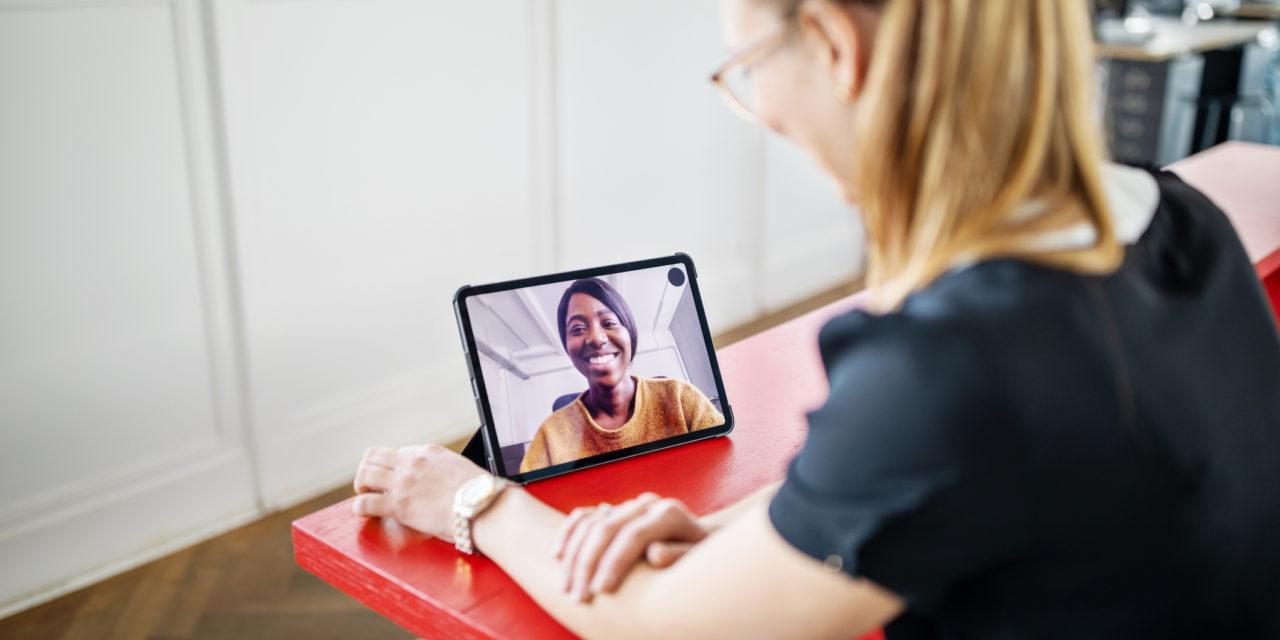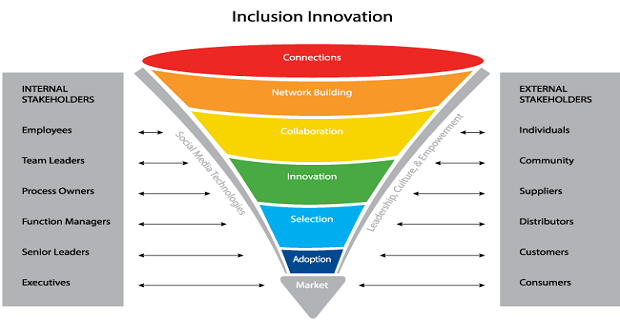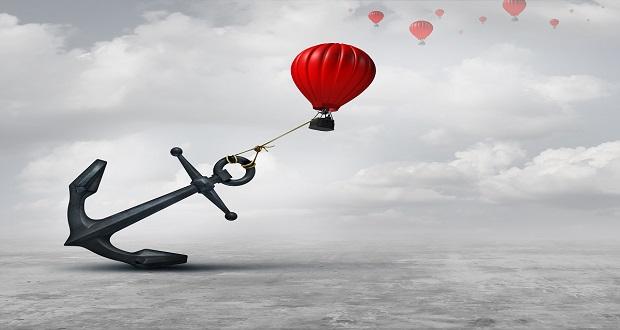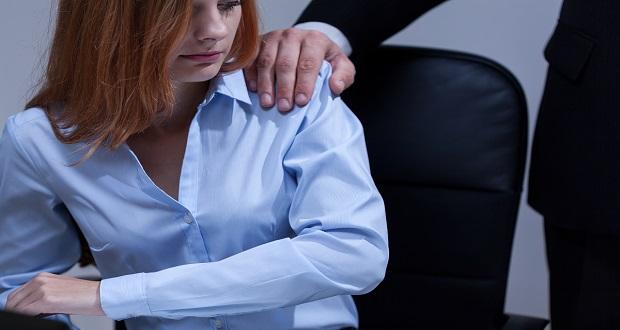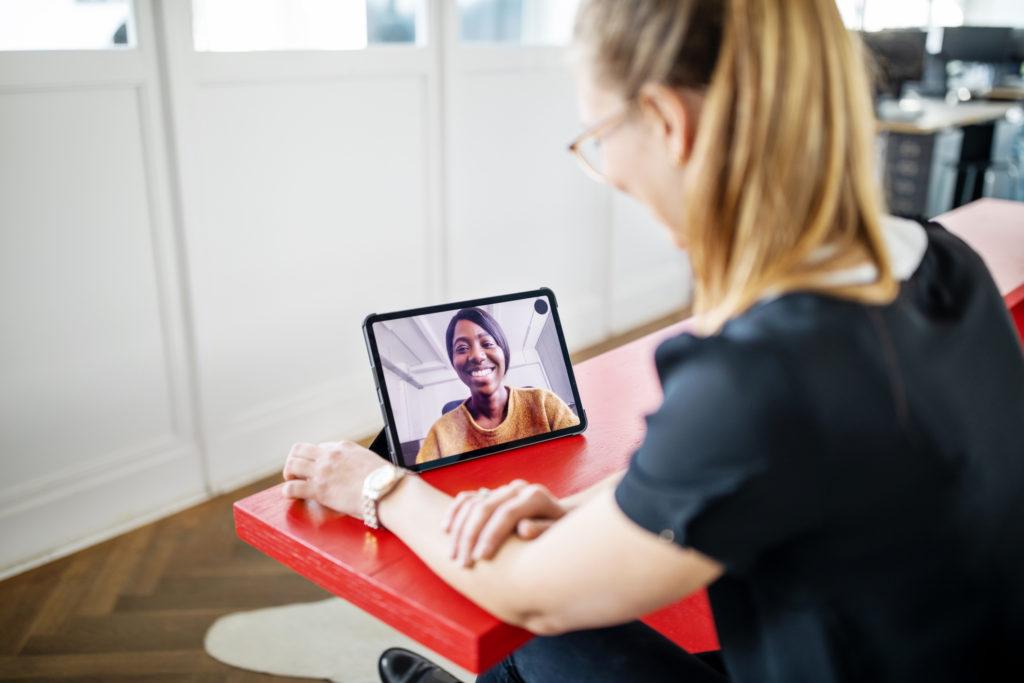
It’s okay to not be okay.
I look at the simple words lettered on the small Post-It on my mirror each morning, reflecting on a conversation that I’ve had more times than I can count the last several weeks—with my therapist, family, close friends, coworkers. In a matter of weeks, days, hours our world has changed and continues to evolve and shift as we learn to navigate a new normal.
It’s hard to believe that just a month ago I had never heard the words “social distancing,” and I certainly couldn’t have imagined a world where we were asked to “shelter in place” at our homes to protect the greater public health. At that time, most of the updates I received on COVID-19, the novel coronavirus, were from social media posts from a friend living in Wuhan, and not from a constant stream of live updates from my TV, phone, and texts from everyone I know. I was still traveling on commercial airlines, visiting family and friends, and making plans for upcoming trips. I thought nothing of attending a large church service, going out to brunch with friends, or gestures as simple as shaking hands or greeting friends with a hug. Like many of us in the United States, my daily life had not yet shifted significantly or been shaken by the reality of a global pandemic. These are the connections and conveniences that, over time, I began to take for granted.
As I begin to navigate this new normal, new concerns have and continue to emerge each day. In addition to my own health, I’ve considered the impact illness might have on my aging parents, or my brother, who has had life-long asthma and will soon welcome his first child into the world. I’ve thought about friends who are immunocompromised, in need of medical procedures, or who work in essential jobs on the front line that increase exposure and susceptibility to the virus. I’ve also found myself reflecting on how the current guidance of physical distancing and staying at home is harmful for those in our community who are victims of domestic violence, who don’t have access to food, or the money to buy two weeks of groceries at once. In turn, this has further magnified the structural inequities and privileges across our country.
Disparities exist in not only how we are currently navigating COVID-19, but in how we were able to prepare – and these disparities will likely persist, particularly for communities of color, LGBTQ+ communities, people with disabilities, and other underrepresented and underserved groups. Xenophobia and bias is fueling anti-Asian sentiment, racism, and hate crimes throughout the U.S. Some communities, such as the LGBTQ+, Black, and Latinx communities, have traditionally been less trusting of healthcare due to the stigmas and inequities they experience when seeking care, which has led to heightened risk for these groups. In addition, preexisting health disparities exist for communities of color and other vulnerable and marginalized communities, which adds even greater complexity to the current pandemic.
I know that I am privileged to have a job that allows me to work remotely from my home, enabling me to physically distance myself. I also have not experienced food insecurity, and have personally been able to obtain the medicines, supplies, and other essentials I and my family need. I have a strong support network of family and friends, a safe home, and I am able to regularly check in with a mental health professional.
However, I know many do not, and this weighs heavily on my spirit. How might we practice more empathy during such times of uncertainty and anxiety? Now, more than ever, it is important for us to demonstrate care and kindness as we seek to understand new perspectives and realities.
Now, more than ever, it is important for us to demonstrate care and kindness as we seek to understand new perspectives and realities. Share on X
For me, this has looked like making the time to check in on friends, family, and neighbors, especially those who I may have lost contact or touch with over the last several months. This has helped me to feel more connected and aware during periods of social distancing. I have also tried to donate to local charities in my community that are supporting individuals and communities impacted by COVID-19. Although I can no longer physically volunteer, I can donate to help support others. I am also trying to be more considerate and compassionate towards others, realizing that we all are fighting countless unseen battles. I’ve tried to buy only what I need when I venture into grocery stores in order to leave supplies and food for others. I’ve felt touched seeing neighbors from across my community offer to go to the market or pick up prescriptions for older or immunocompromised neighbors.
On top of this, though, I have had to remember to practice self-care, self-empathy, and self-compassion. Although I am healthy, and am very grateful to have my health, my family, and steady work, I am still untethered from my usual reality. I am grieving the inability to see and touch many of my loved ones, the cancellation of family trips, graduations, and even simple pleasures like sipping tea at my favorite shop.
And that’s okay.
I am grieving the inability to see and touch many of my loved ones, the cancellation of family trips, graduations, and even simple pleasures like sipping tea at my favorite shop. And that’s okay. Share on X
If we all do our part in supporting and understanding one another, raising awareness of inequities, and giving ourselves space to experience and process our own emotions, we can continue to practice small acts of empathy that will lead to greater healing. Although I don’t know what COVID-19 will bring in the coming weeks, I am inspired and motivated by the acts of kindness and generosity I see each day, and I commit myself to continuing practicing empathy as much as I can, one meal, Zoom call, and FaceTime at a time.
How have you modeled empathy during COVID-19? In what ways can we support our own communities, and beyond?

